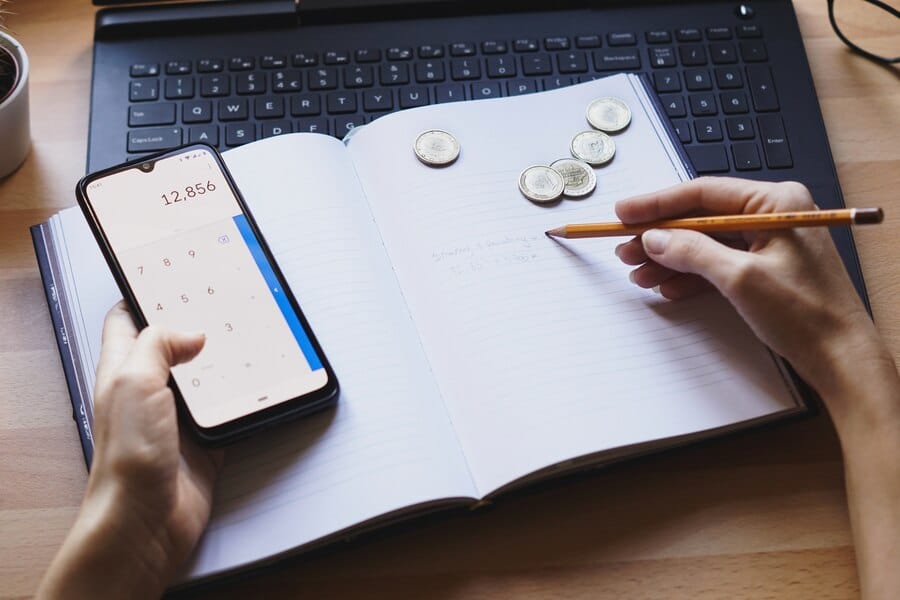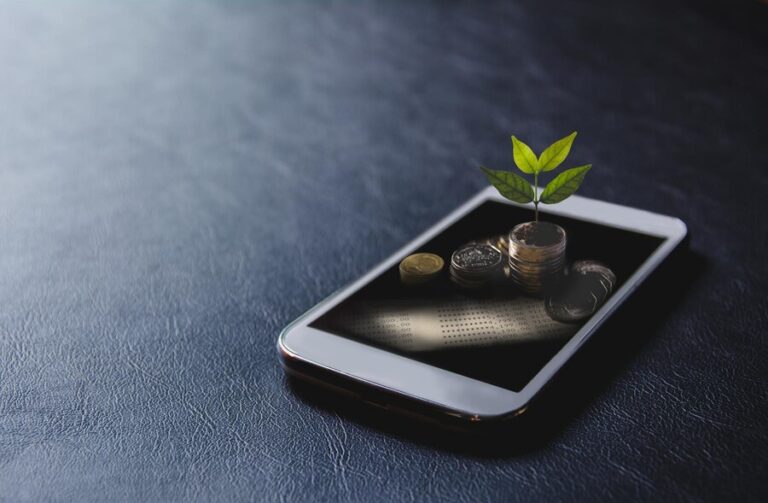In an era where financial literacy is more crucial than ever, technology has stepped in to help individuals manage their finances more effectively. Financial apps have emerged as powerful tools that not only simplify budgeting and saving but also help users develop better financial habits. This article explores some of the most impactful financial apps that can transform your saving habits, making it easier to reach your financial goals.
The Rise of Financial Apps

The proliferation of smartphones has made financial management more accessible. With just a few taps, users can track their spending, set savings goals, and even invest their spare change. These apps cater to various needs, whether you’re looking to save for a vacation, pay off debt, or build an emergency fund. Here are some standout apps that can help you change your saving habits for the better.
1. Oportun
Oportun is designed for those who struggle with saving. It automatically analyzes your checking account activity and transfers small amounts into savings based on your spending patterns. This hands-off approach ensures you save without having to think about it. After a free trial, it costs $5 per month, making it an affordable option for effortless saving.
2. Qapital
Qapital turns saving into a game with its unique savings rules. Users can set specific triggers—like rounding up purchases or saving every time they indulge in a guilty pleasure—to automatically transfer money into savings. The app also allows users to visualize their goals with digital vision boards, making saving more engaging and motivating.
3. Chime
Chime is a digital banking app that includes automatic savings features. With each paycheck, you can set up automatic transfers to your savings account and round up debit purchases to the nearest dollar, depositing the difference into savings. This seamless integration of banking and saving helps users grow their savings effortlessly.
4. Acorns
Acorns simplifies investing by rounding up your purchases and investing the spare change. By linking your debit or credit card, Acorns takes each transaction and invests the difference in a diversified portfolio based on your risk tolerance. This app is perfect for novice investors looking to start small while building their investment portfolio.
5. Rocket Money
Rocket Money (formerly known as Truebill) offers comprehensive budgeting tools that track spending across all accounts. It helps identify recurring subscriptions and provides insights into your financial health, allowing you to cut unnecessary expenses and save more effectively.
6. Digit
Digit takes a unique approach by analyzing your spending habits through text messages and web access. It automatically saves small amounts of money based on your cash flow patterns, ensuring you save without feeling the pinch. This app is ideal for those who want to save without actively managing their finances.
Conclusion
Financial apps have revolutionized the way individuals approach saving and budgeting. By automating processes, providing insights, and offering engaging ways to visualize goals, these tools empower users to take control of their finances like never before. Whether you’re looking to save for a specific goal or simply want to build better financial habits, incorporating these apps into your routine can lead to lasting positive changes in your saving behavior.
FAQs
1. How do financial apps help with saving?
Financial apps automate the saving process by tracking spending habits and transferring small amounts into savings accounts, making it easier for users to save without overthinking it.
2. Are these apps secure?
Most reputable financial apps use encryption and other security measures to protect user data and ensure safe transactions.
3. Can I use multiple financial apps at once?
Yes! Many people find that using multiple apps allows them to leverage different features tailored to their specific financial goals.
4. Do I need a bank account to use these apps?
Most financial apps require you to link a bank account or debit card to facilitate transactions and transfers.
5. What if I don’t have much money to save?
Many of these apps allow you to start with small amounts, making it feasible for anyone to begin saving regardless of their financial situation.
6. Can I track my progress with these apps?
Yes! Most financial apps provide dashboards or reports that show your savings progress over time, helping you stay motivated toward achieving your goals.

